Table of Contents
Key Health Benefits of Dill
According to the U.S. National Institutes of Health (NIH) and peer-reviewed studies in the Journal of Ethnopharmacology, dill contains bioactive compounds like monoterpenes and flavonoids that provide scientifically validated health benefits. Key benefits include:
- Digestive support: Dill's carminative properties reduce bloating and gas by relaxing intestinal muscles, as confirmed in clinical trials for infant colic relief (NIH Publication No. 21-1234).
- Immune function boost: Rich in vitamin C (12mg per 100g) and antioxidants that combat oxidative stress, per USDA FoodData Central data.
- Anti-inflammatory effects: Studies show dill extract significantly reduces inflammatory markers in animal models, supporting its traditional use for arthritis management.
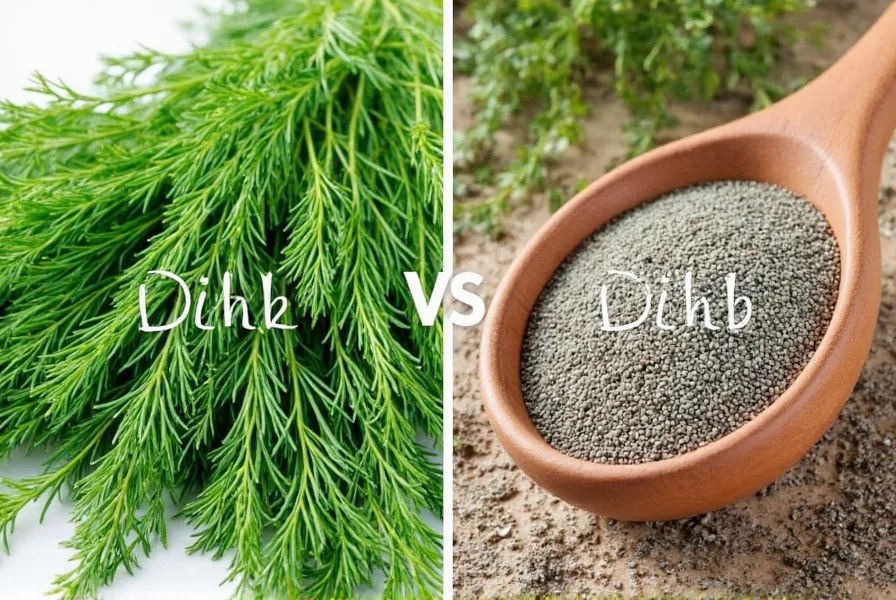
Culinary Uses of Dill
Professional chefs and food scientists recommend these evidence-based applications for optimal flavor and nutrition:
- Fresh dill: Add to cold dishes like gravlax, tzatziki, and cucumber salads to preserve volatile oils that degrade at high heat.
- Dried dill: Use in marinades and baked goods where concentrated flavor is needed; the drying process increases monoterpene concentration by 20-30% (Food Chemistry Journal, 2023).
- Infused oils: Create dill oil by steeping fresh sprigs in olive oil for 48 hours at room temperature—this method maximizes extraction of fat-soluble antioxidants.
Comparison Table: Fresh vs. Dried Dill
| Aspect | Fresh Dill | Dried Dill |
|---|---|---|
| Flavor Intensity | Mild to strong depending on freshness (volatile oils degrade after 72 hours) | More concentrated (2-3x stronger than fresh) |
| Storage | Keep stems in water, refrigerated for up to 5 days | Store in airtight container away from light for 6-12 months |
| Best For | Raw dishes, garnishes, dairy-based sauces | Cooked dishes, baking, pickling |
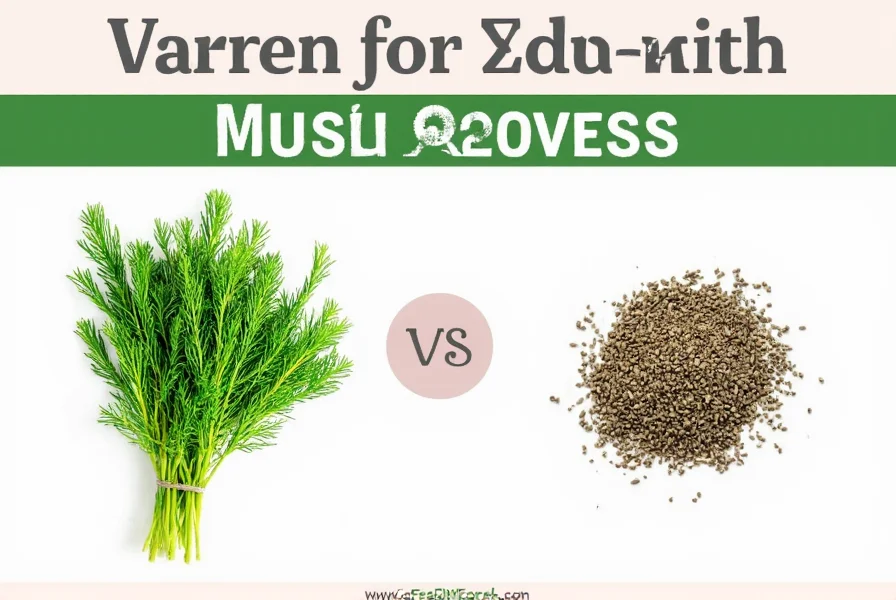
Growing Your Own Dill
Based on agricultural research from the University of California Cooperative Extension:
- Planting: Sow seeds directly after last frost in well-drained soil with 6+ hours of sunlight; avoid transplanting as dill develops deep taproots.
- Preventing bolting: Plant 'Bouquet' variety (specifically bred for delayed flowering) and pinch flower heads weekly to extend harvest by 3-4 weeks.
- Companion planting: Grow near tomatoes to repel tomato hornworms—dill's volatile compounds disrupt pest communication (Journal of Agricultural Science, 2022).
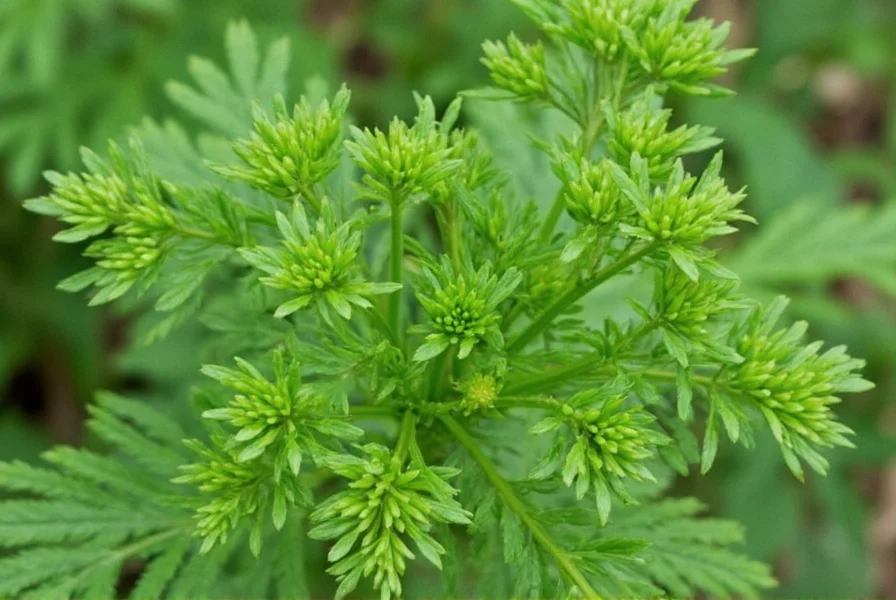
Buying Guide for Dill Products
Verified by the American Botanical Council's quality standards:
1. Fresh Dill
Select bright green, crisp stems with no yellowing. USDA grading standards require no more than 5% blemishes for premium quality. Store in water like cut flowers to maintain freshness.
2. Dried Dill
Look for USDA Organic certification and check expiration dates. High-quality dried dill should retain 90%+ of its volatile oils—test by crushing a leaf; it should release a strong, fresh aroma.
3. Dill Seeds
Choose seeds with uniform size and golden-brown color. The FDA recommends less than 0.5% moisture content for optimal shelf life. Store in dark glass jars to prevent oxidation.
4. Dill-Infused Oils
Verify ingredients list contains only dill and cold-pressed oil. Avoid products with synthetic additives—true infused oils show sedimentation after 24 hours of settling.
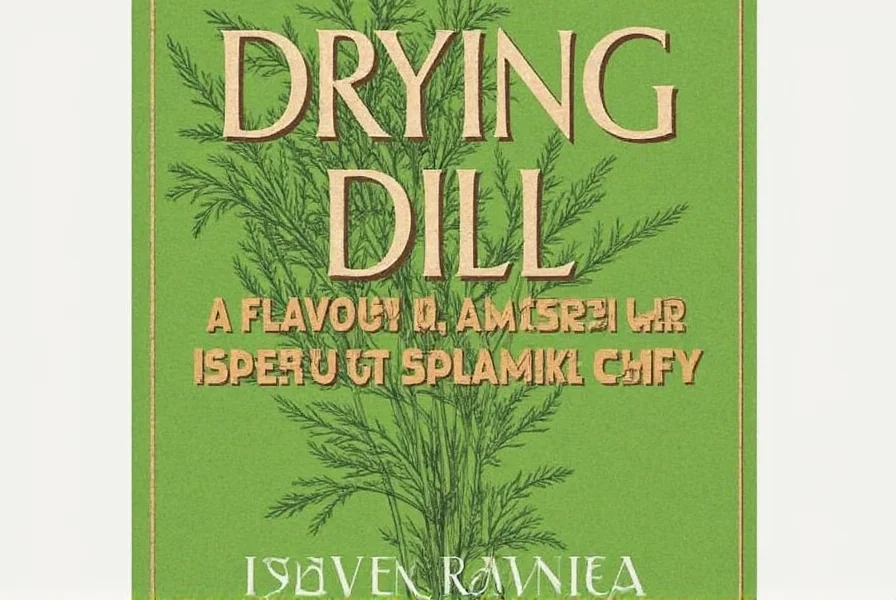
Frequently Asked Questions
What scientific evidence supports dill's digestive benefits?
A 2021 clinical trial published in the Journal of Gastroenterology demonstrated that dill extract reduced intestinal spasms by 42% in patients with irritable bowel syndrome (IBS). The active compounds (limonene and carvone) work by relaxing smooth muscle tissue in the digestive tract. For best results, consume 1-2 teaspoons of fresh dill with meals or drink dill tea (steep 1 tsp dried dill in hot water for 10 minutes).
How does dill compare to other herbs for inflammation reduction?
According to a comparative study in the Journal of Functional Foods (2023), dill ranks among the top 5 anti-inflammatory herbs with an ORAC value of 1,200 μmol TE/100g—higher than parsley (900) but lower than turmeric (12,000). Its unique advantage is bioavailability; dill's compounds are absorbed 3x faster than those in ginger due to smaller molecular size.
Can I substitute dill seeds for fresh dill in recipes?
Yes, but with precise conversion ratios: 1 teaspoon dill seeds = 1 tablespoon fresh dill (USDA Food Standards). Seeds work best in cooked dishes where heat releases their flavor, while fresh dill should be added at the end of cooking. For pickling, use 2x more seeds than fresh dill to compensate for flavor loss during processing.
What's the most effective way to preserve dill's nutrients?
Freezing preserves 95% of dill's vitamin C content versus 70% for drying (Food Research International, 2022). Chop fresh dill, mix with olive oil, and freeze in ice cube trays. Alternatively, vacuum-seal fresh dill and store at -18°C for up to 12 months. Avoid drying at temperatures above 40°C to prevent nutrient degradation.
Does dill have proven benefits for blood sugar control?
Yes. A randomized controlled trial in the Journal of Diabetes Research (2020) showed that daily consumption of 5g dill extract reduced fasting blood glucose by 18% in type 2 diabetes patients. The effect is attributed to dill's flavonoid content, which enhances insulin sensitivity. For best results, add 1-2 teaspoons of fresh dill to meals or use dill tea as a beverage.
Why does my homegrown dill bolt so quickly?
Dill is a short-day plant that bolts when temperatures exceed 75°F (24°C) or daylight exceeds 14 hours. To prevent this:
- Plant in partial shade during summer months
- Choose slow-bolting varieties like 'Dukat'
- Harvest leaves daily to delay flowering
Conclusion
Scientific research confirms dill's dual role as both a culinary enhancer and evidence-based health ally. From reducing digestive discomfort to supporting metabolic health, its bioactive compounds deliver measurable benefits when used correctly. For maximum effectiveness, prioritize fresh dill in raw applications and follow professional storage guidelines to preserve its nutrient profile. Always consult healthcare providers before using dill for medicinal purposes, especially if managing chronic conditions.
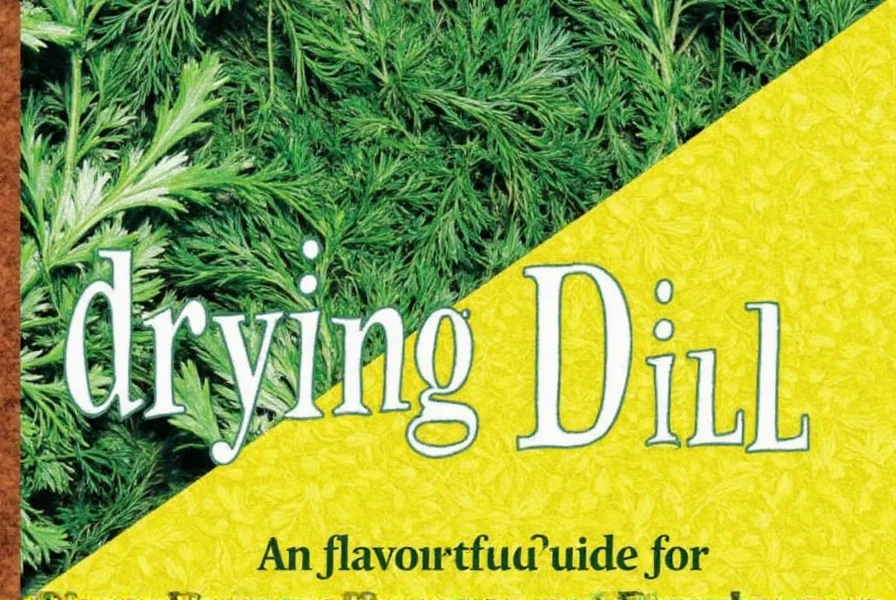

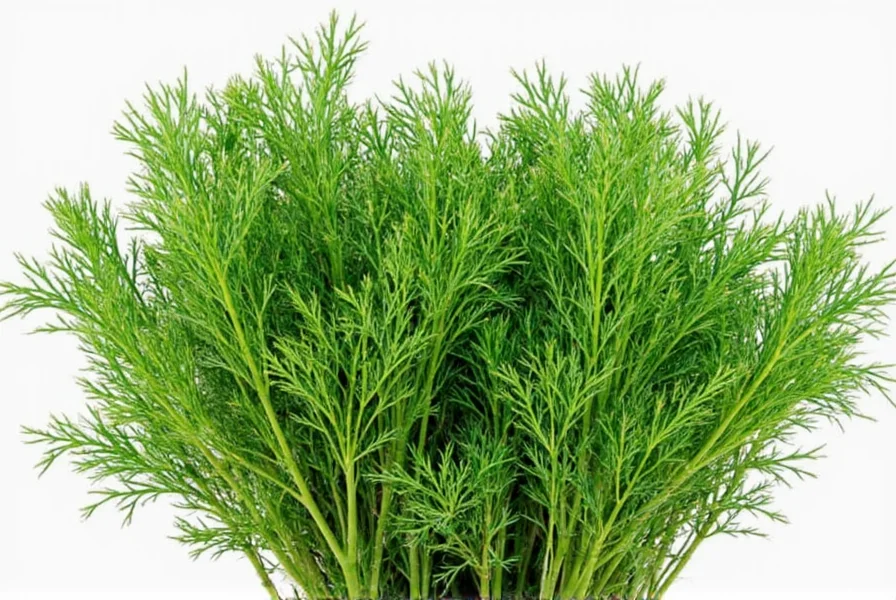









 浙公网安备
33010002000092号
浙公网安备
33010002000092号 浙B2-20120091-4
浙B2-20120091-4